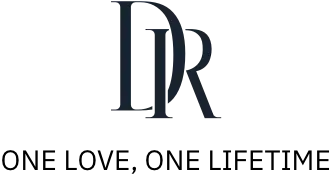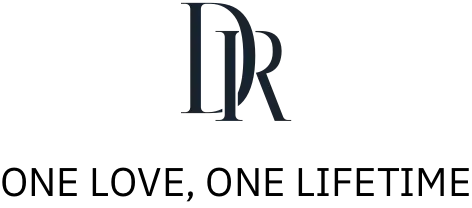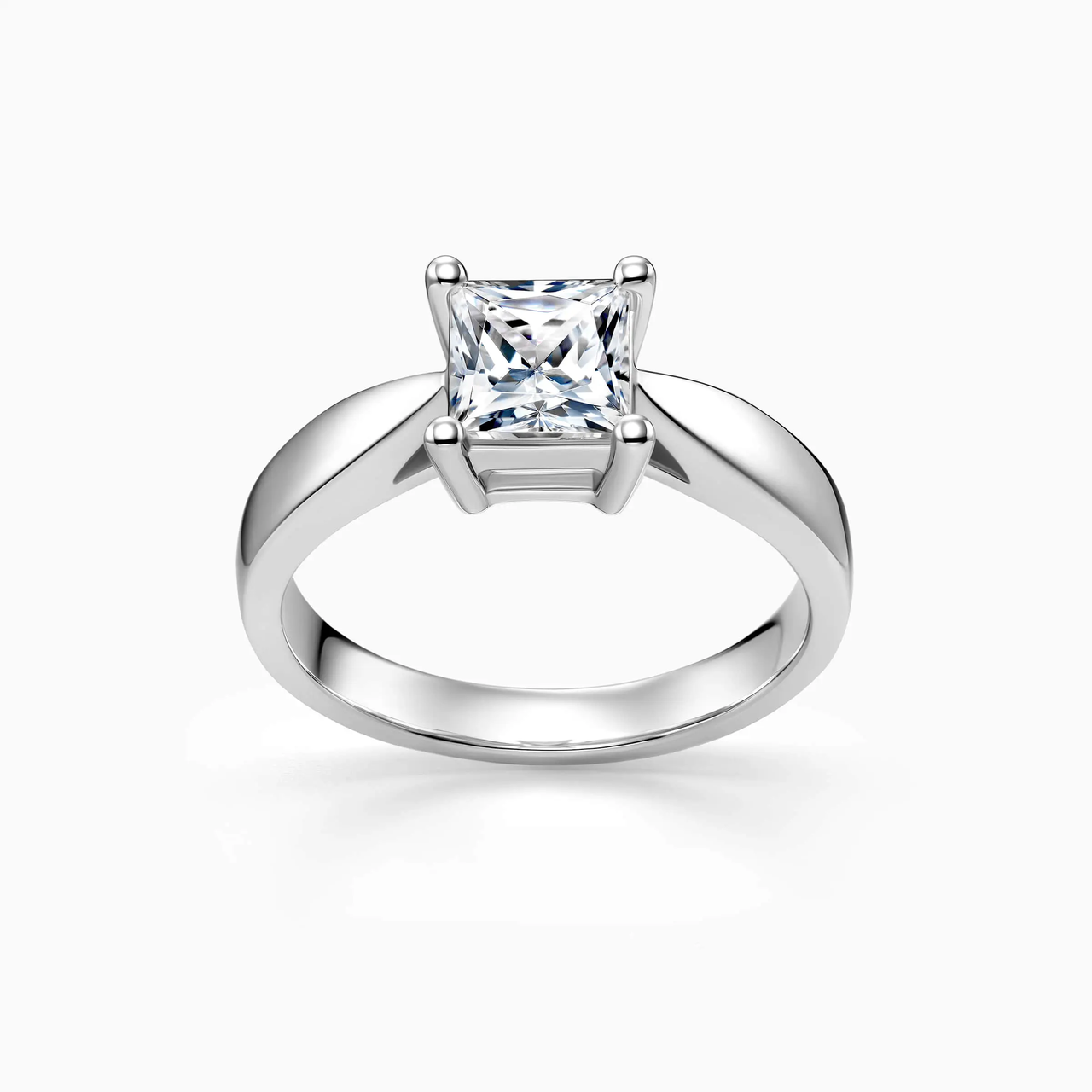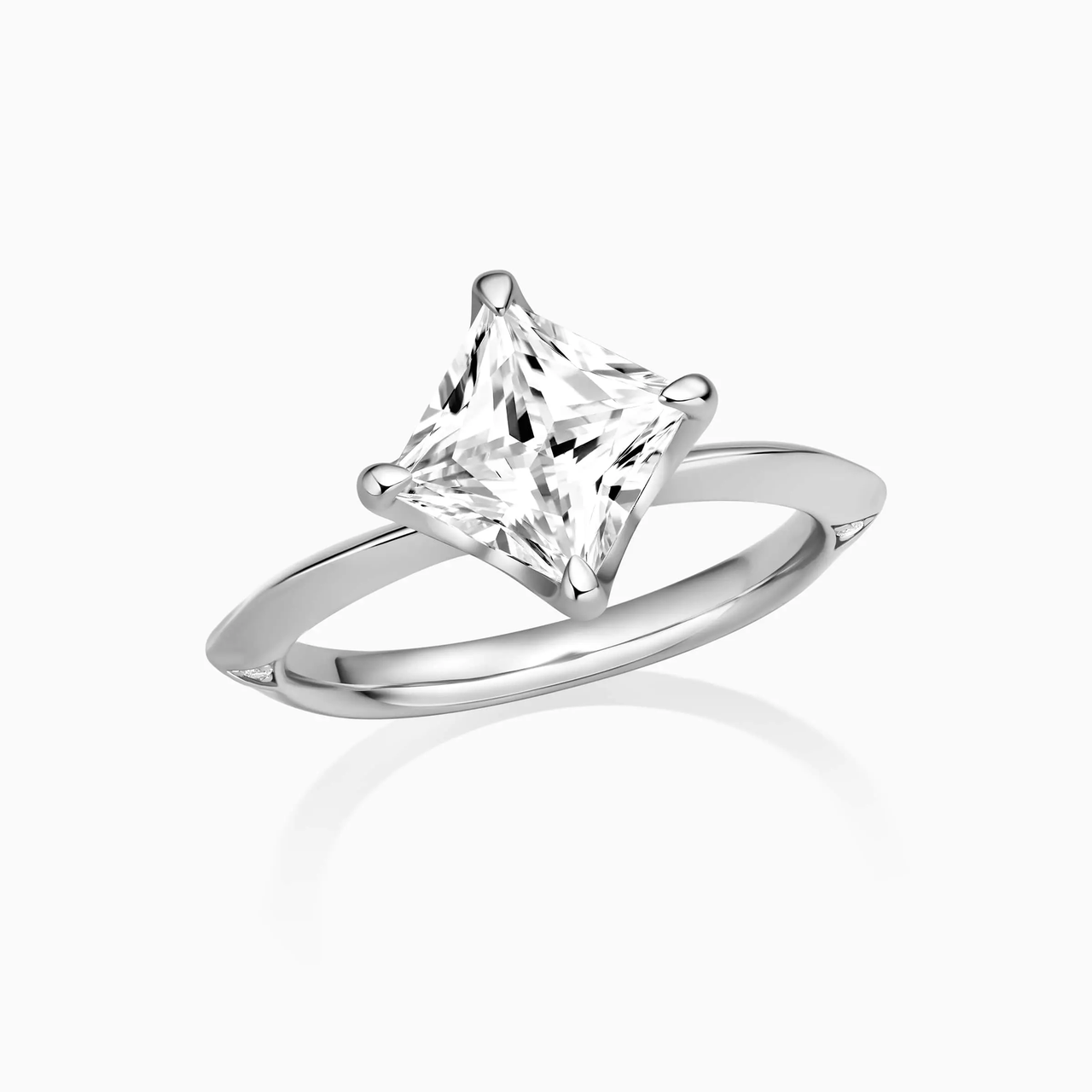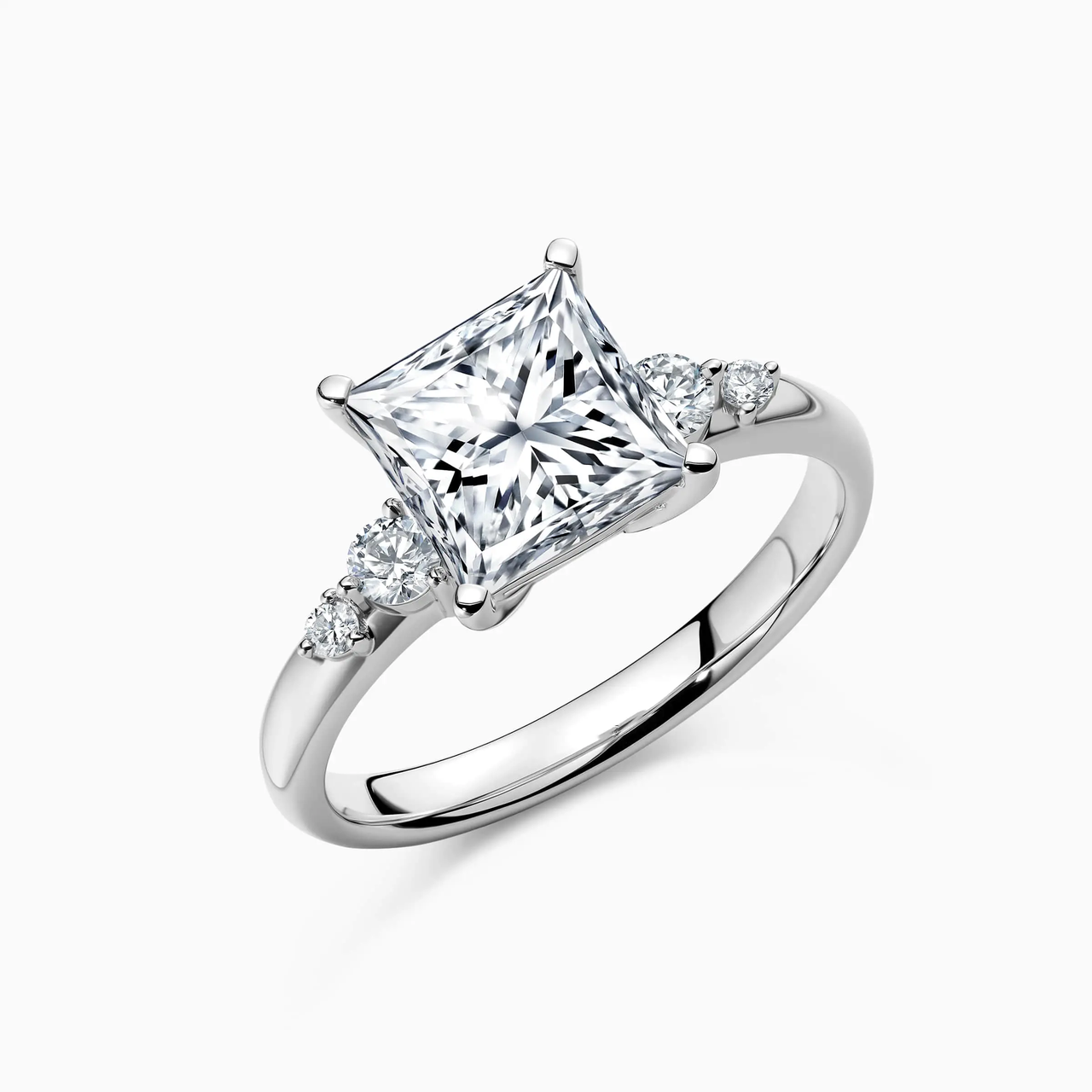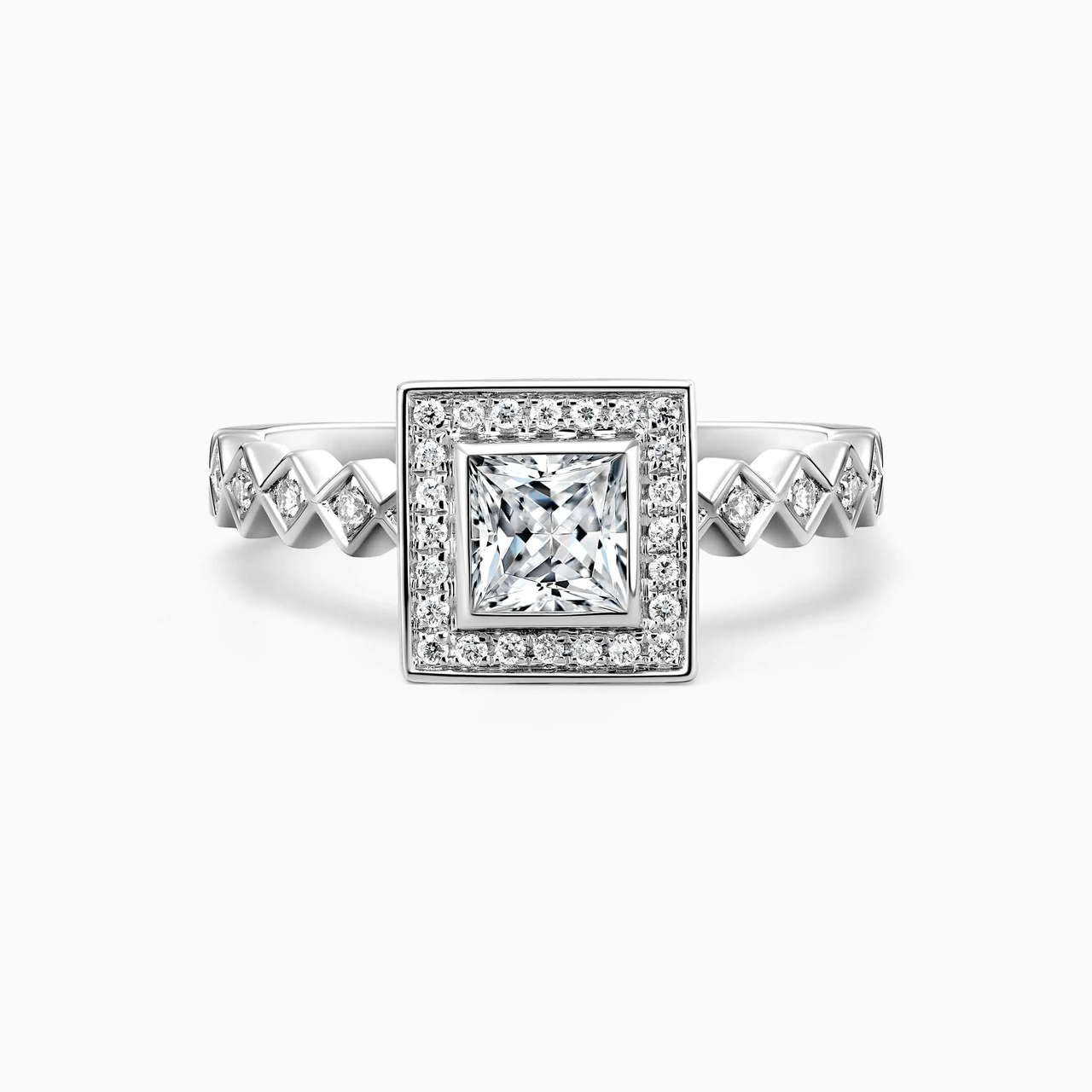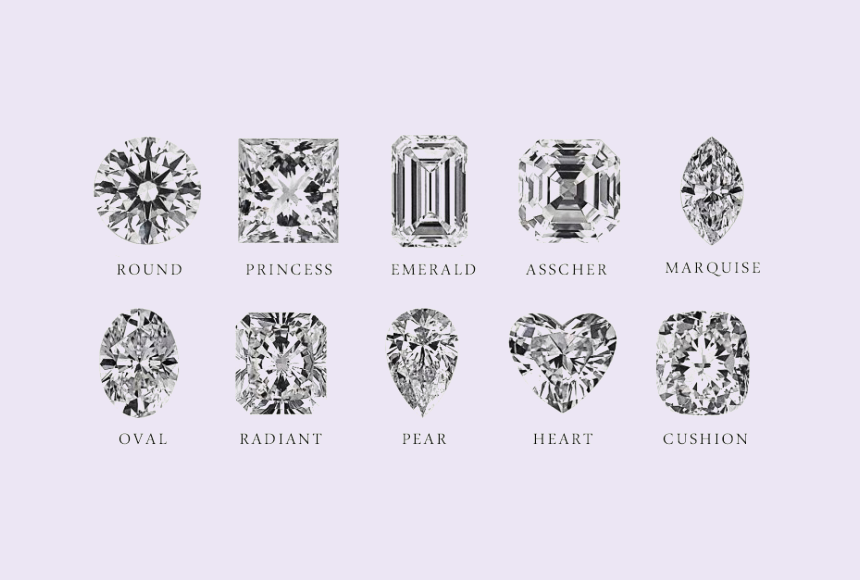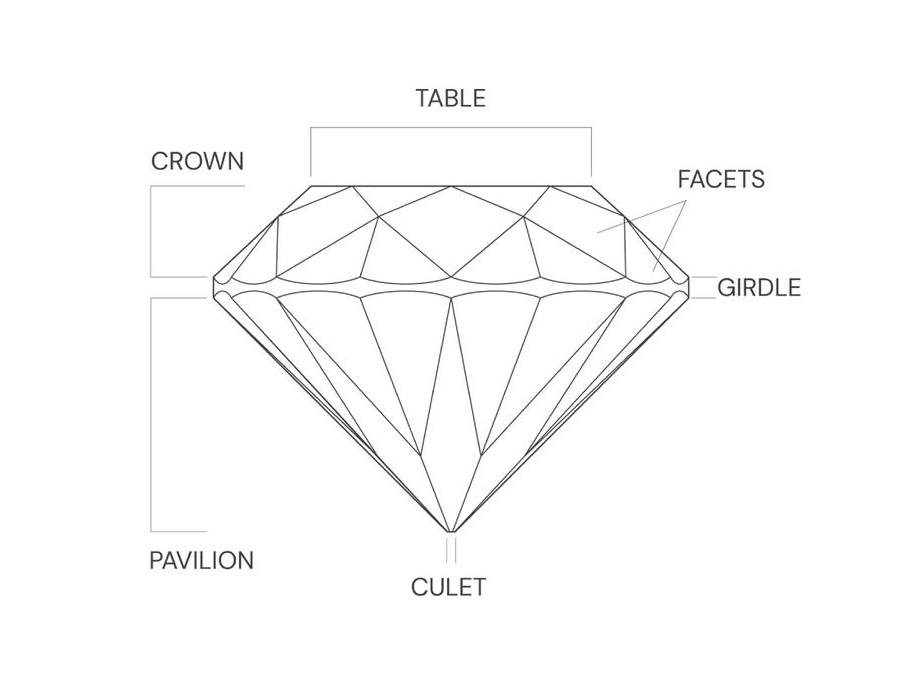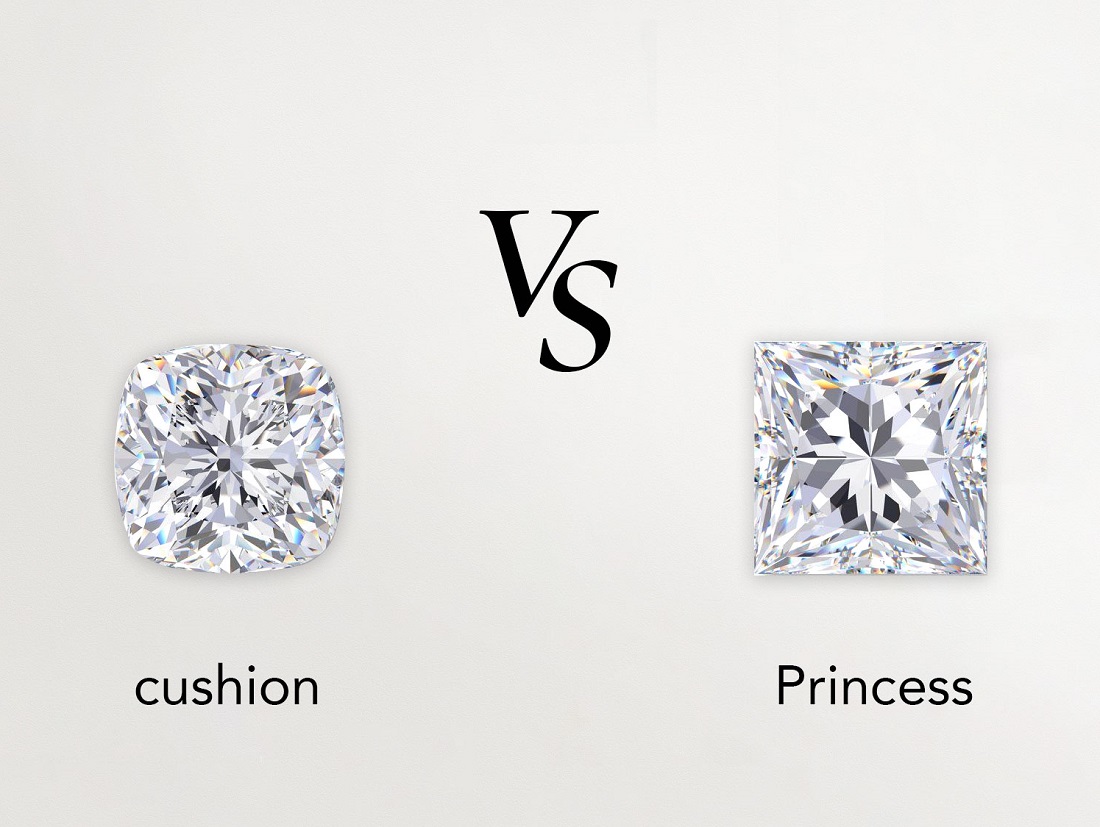Princess Cut Engagement Rings: The Ultimate Guide
Sep 27,2023
Among the many diamond cuts, the princess cut stands out with its unique modern elegance and dazzling brilliance, becoming a symbol of fashion and romance. Its square silhouette conveys an unwavering commitment, and the sparkling fire symbolizes the eternal passion and fervor of love.
Choosing a princess-cut engagement ring not only showcases a unique taste but also declares a sincere and profound affection to the world. So, what makes the princess cut engagement rings so special? How can you select the perfect princess-cut diamond ring? In the following, Darry Ring will provide you with a detailed guide.
What is Princess Cut?
Princess cut, or square-modified brilliant cut, is a term in the diamond industry used to describe a diamond with a distinctive square shape. It combines the elegance of the square form with the brilliance of the brilliant cut, allowing the diamond to display exceptional fire and sparkle. Among the many options for diamond engagement rings, the princess cut is one of the most popular diamond shapes, second only to the round diamond.
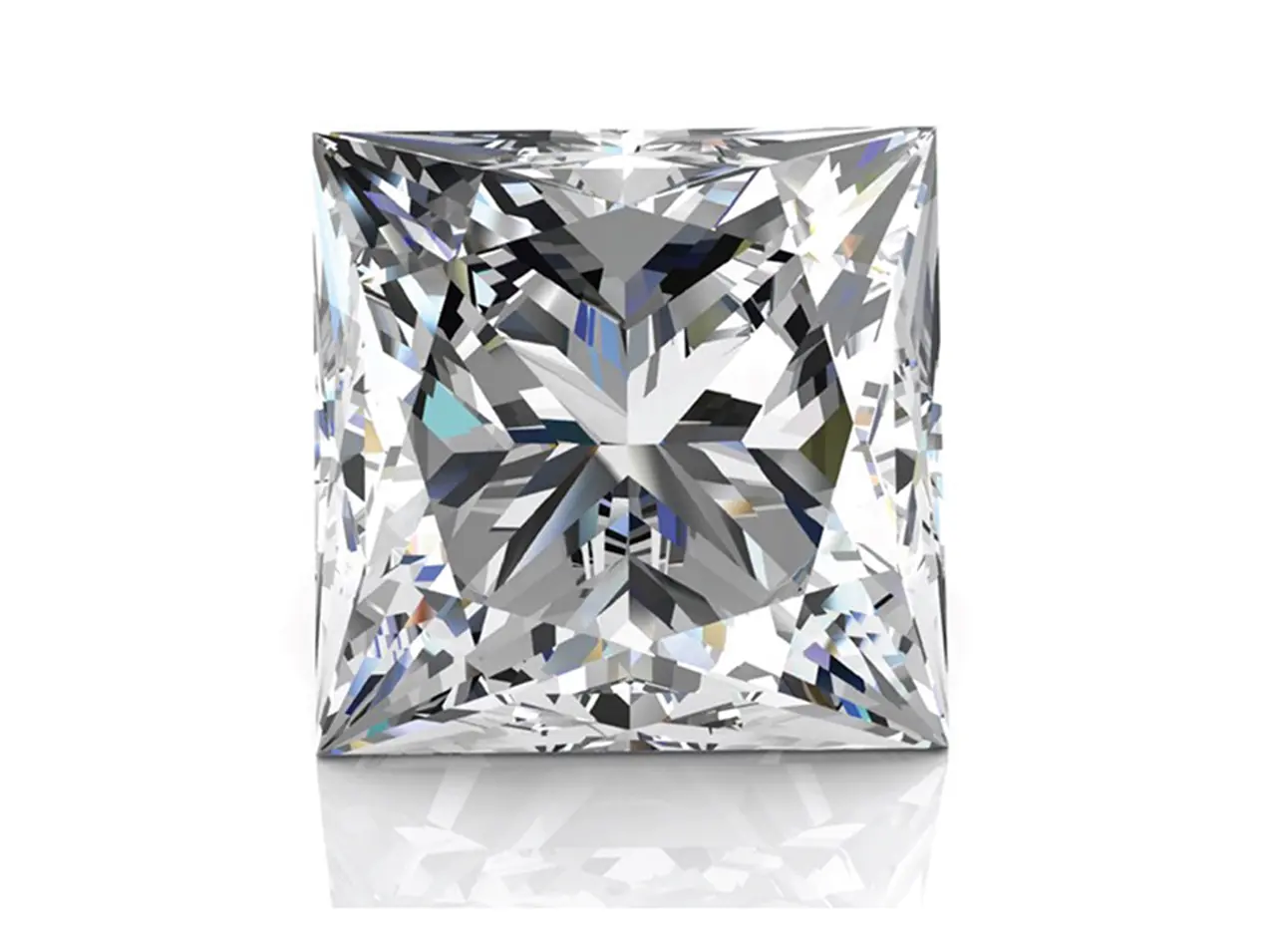
Key Features of Princess Cut
1. Shape: The princess cut diamond featured a square or rectangular shape with clean lines and sharp corners when viewed from the top, while it is an inverted pyramid from the side. Not all princess-cut diamonds are perfectly square with a 1:1 aspect ratio. Some are rectangular, with ratios of 1:1.05, 1:1.08, or 1:1.12.
2. Facets: Princess-cut diamonds typically have between 57 and 76 facets, with the number varying depending on the size and design of the diamond. This facet arrangement is designed to maximize the diamond's light reflection.
3. Cutting Effect: The princess cut retains up to 80% of the rough diamond, providing a larger table and better value for the same carat weight. When worn, the diamond's brilliance is enhanced, making it appear even more radiant.
4. Versatility: Princess cut diamonds are suitable for a variety of engagement ring designs, from simple metal bands to more intricate settings.
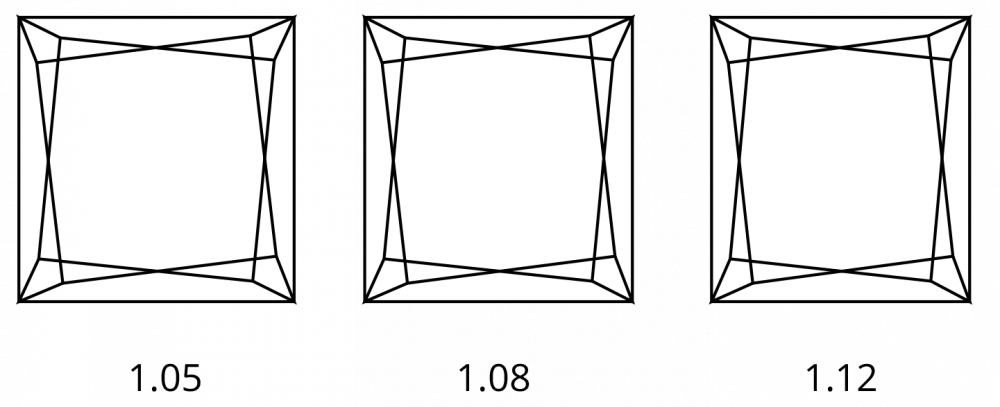
The History of Princess Cut
The history of the princess cut is relatively recent, dating back to the beginning of the 1960s. At that time, London-based diamond cutter Arpad Nagy created a square diamond design, originally named the "Princess Cut." However, it did not gain widespread recognition and was later renamed the Profile Cut, which is considered the foundation for the modern princess cut.
In 1971, South African diamond cutter Basil Watermeyer and his wife Marion introduced the "Barion Cut", featuring 81 facets. This was an innovation that combined the step cut and brilliant cut styles.
By 1979, Israeli diamond cutters Betzalel Ambar, Ygal Perlman, and Itzkowitz further refined the design—based on their patented "Quadrillion" and inspired by the radiant cut—to create the modern "princess cut" we know today.
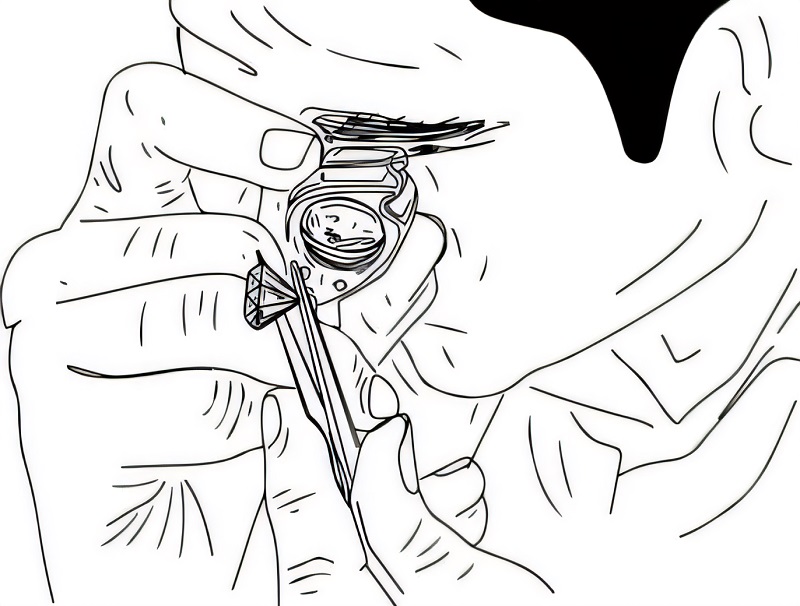
Where to Buy Princess Cut Engagement Rings
Since its introduction in 1961, the princess cut has gradually been used in engagement rings. By the 1980s, it gained popularity among those seeking an alternative to round diamond rings. Today, princess-cut engagement rings are a staple in nearly every jewelry brand's collection, available for purchase both online and in physical stores.
However, to find the best princess-cut engagement ring, consider Darry Ring first. It upholds strict standards in diamond selection, ensuring all diamonds meet G color and VS1 clarity or above based on the 4Cs scale, and those weighing 0.8 carats or more come with certification from at least one of the following authoritative institutions: NGTC, GIA, or IGI. Additionally, the brand offers a wide variety of designs, including solitaire, three-stone, bezel settings, and pavé settings to cater to diverse preferences.
Most notably, Darry Ring believes in a unique "Buy for One Person in a Lifetime" philosophy. This not only makes your chosen engagement ring more exclusive and meaningful but also reassures your partner of your unwavering commitment to your future.
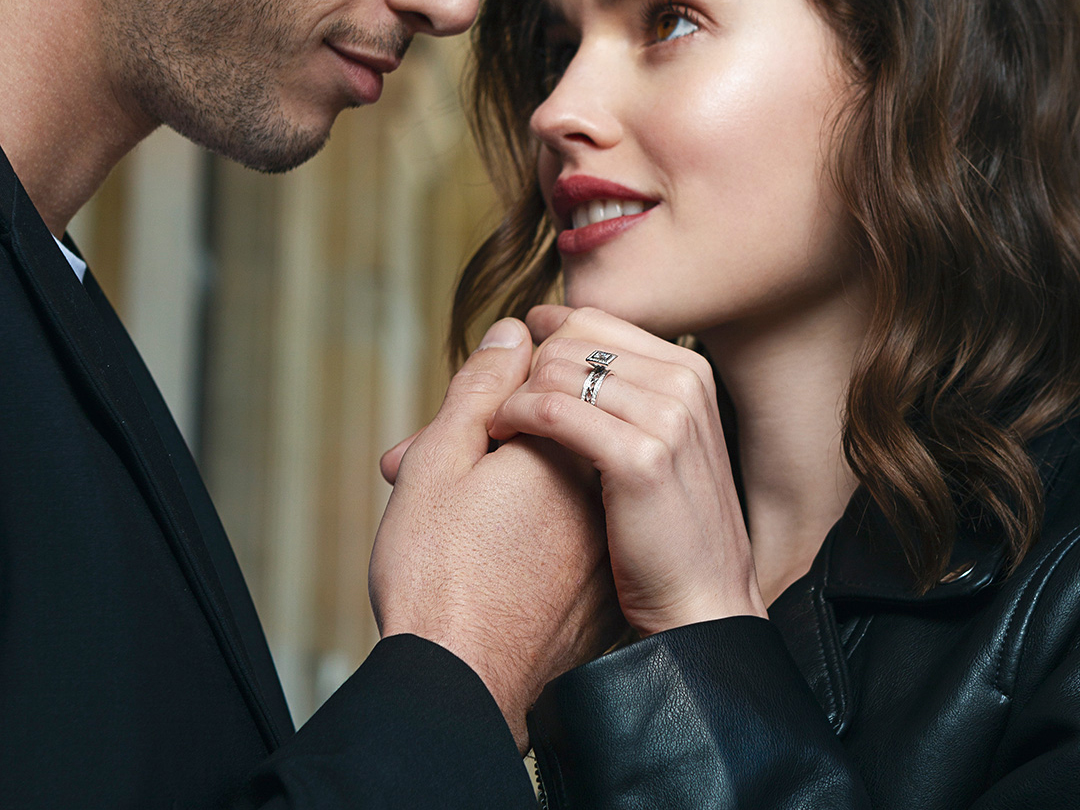
Popular Princess Cut Engagement Ring Styles
While the diamond shape is fixed, jewelers have put much thought into the settings of princess-cut engagement rings. They've developed many popular styles while also ensuring the protection of the princess cut's vulnerable corners. Here are some you can refer to when purchasing.
4/6 Prong Princess Cut Engagement Ring
One of the most popular settings for the princess cut diamond is the classic four-prong or six-prong setting, as they hold the diamond securely in place. More than that, the prong setting emphasizes the sharp edges and corners of the princess-cut diamond ring, bringing out its original splendor and brilliance.
Princess Cut Engagement Ring with Side Stone
A princess-cut engagement ring with accent stones features smaller diamonds or gemstones on either side of the center stone, adding extra sparkle and color. This style elevates the overall design and adds a unique touch.
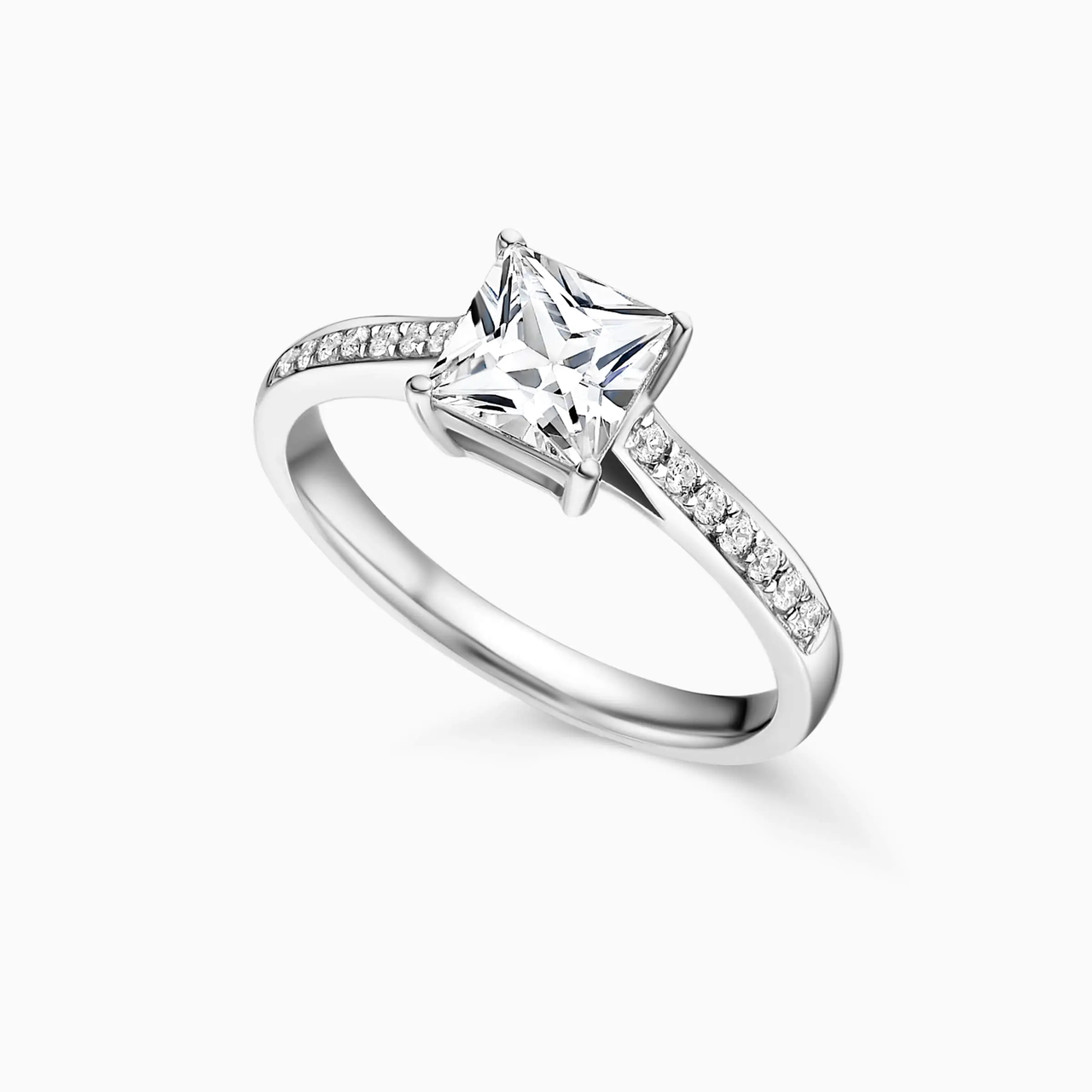
Tips on Selecting the Best Princess Cut Engagement Ring
Darry Ring and the popular types of princess-cut engagement rings are sure to inspire you. However, if you have your ideas and want to make a personal selection, it’s important to carefully consider several factors to ensure the ring matches your preferences and lifestyle. Here are some key tips to guide you:
● Prioritize Cut Quality: The brilliance of a princess cut diamond largely depends on its cut quality. Look for options with excellent polish and symmetry, a depth between 65% and 75%, and a table below 75%.
● Choose a Protective Setting: The sharp corners of a princess-cut diamond are prone to chipping. Consider prong or bezel settings that offer added protection for the diamond's edges.
● Set a Budget: Compared to round cuts, princess-cut diamonds typically offer better value. You need to maximize size or quality within a reasonable budget.
● Think About Daily Wear: Princess-cut engagement rings are meant to be worn daily, so a comfortable band is crucial. Also, consider your lifestyle and work habits to prevent damage or interference.
● Choose a Reputable Jeweler: A trusted jeweler will provide diamond certification and detailed 4Cs information, ensuring a smooth and reliable shopping experience, along with quality after-sales service.
FAQs About Princess Cut Engagement Rings
Are princess-cut engagement rings out of style?
Although princess-cut diamonds are often criticized for their fragile corners and challenging repairs, they have remained a popular choice for engagement rings over the years due to their exceptional brilliance. Additionally, compared to other shapes,princess-cut diamonds appear larger at the same carat weight, offering a more luxurious visual appeal. Coupled with their high cost-effectiveness, princess-cut engagement rings are undoubtedly great value for money.
How much is a princess-cut engagement ring?
On average, 1 carat princess cut diamond engagement ring can range from around 2,000 to 8,000 or more. This can vary based on the 4Cs grading, metal type, and design details. For specific pricing, please consult your jeweler. However, regardless of your choice, it's not recommended to exceed your budget or spend more than the "three-month salary rule," as it may burden your daily life.
